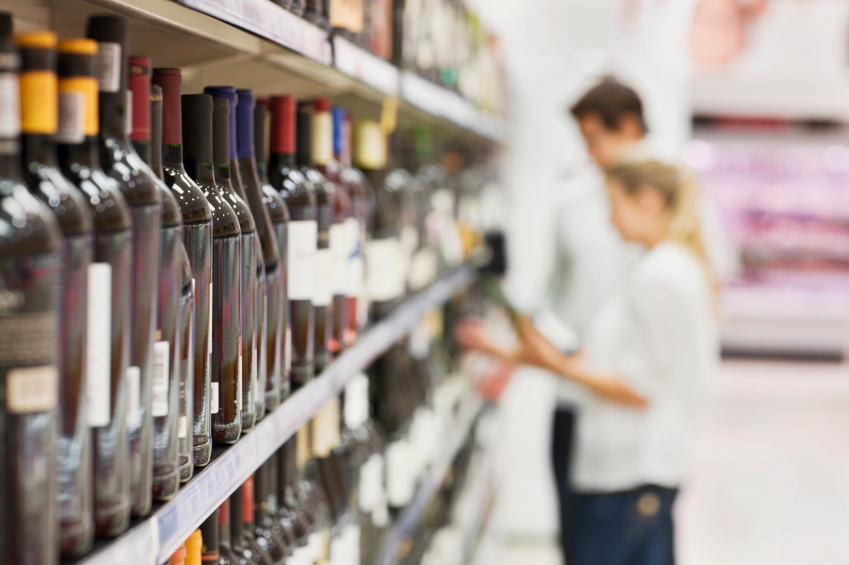Press Release

Wine Expansion Improves Convenience But Falls Short of Privatization
Wine Expansion Improves Convenience
But Falls Short of Privatization
Government Liquor Monopoly Remains Unaddressed
June 7, 2016, HARRISBURG, Pa.—Today, the state House passed legislation allowing select grocery stores (those with a restaurant license) to sell wine in Pennsylvania. The bill, which now heads to Gov. Wolf’s desk, is a step in the right direction but leaves undone critical elements of true privatization.
Under HB 1690, grocery stores with restaurant licenses may sell wine, but they must still purchase it from the Pennsylvania Liquor Control Board, which determines which wines are available in the state. This move would raise as much as $150 million in revenue in the coming fiscal year.
“We are glad lawmakers are finding ways to address the budget deficit without raising taxes on all Pennsylvanians,” commented Nathan Benefield, vice president of policy for the Commonwealth Foundation. “However, this bill leaves unaddressed much of what most Pennsylvanians want to see in true privatization.
“We hope lawmakers will continue to work to end the state’s monopoly over wholesale wine and spirit sales,” Benefield added. “Only with privatization of both retail and wholesale wine and liquor sales—and selling off the state-run liquor stores—will consumers see expanded choice, competition, and better prices.
“Unfortunately, this legislation continues the state’s conflict of interest in promoting alcohol consumption while enforcing alcohol regulations. The bill allows only about 300 grocery stores that currently have a restaurant license to sell wine. This reform—while a step in the right direction—falls short of the convenience consumers have in almost every other state. Moreover, the bill enables the PLCB to increase prices on select products, using its monopoly status to charge customers even more.”
Pennsylvania’s government liquor monopoly has proven incapable of serving Pennsylvanians. Not only has the system led to product shortages and consumer inconvenience but it’s also enabled rampant corruption within the PLCB. It’s little wonder the overwhelming majority of Pennsylvanians—spanning the state and crossing the political aisle—support liquor privatization. Their reasons include convenience, better prices, and fewer government regulations.
“The legislation passed today recognizes the current system of government-run liquor isn’t working,” Benefield continued. “That’s why the bill’s supporters are correct that this is just the first step on the road to privatizing liquor in Pennsylvania. Yes, consumers want to buy wine in grocery stores, but what they truly want is government out of the booze business once and for all.”
Nathan Benefield and other Commonwealth Foundation experts are available for comment. Please contact Gina Diorio at 862-703-6670 or [email protected] to schedule an interview.
# # #
The Commonwealth Foundation transforms free-market ideas into public policies so all Pennsylvanians can flourish.